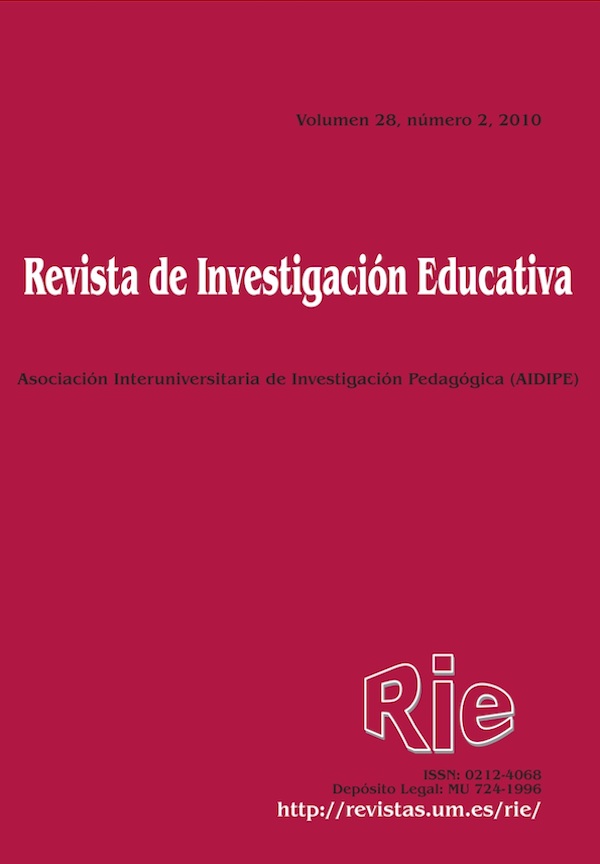Foundation of an assessement model of teaching competences among university teachers
Supporting Agencies
- Ministerio de Educación
- Dirección General de Universidades
Abstract
Under project EA2009-0005 of the General Management of Universities (Ministry of Education), this paper aims to inform teachers about the competences Spanish universities define as essential to describe the role of teachers. From the analysis of these competences, we set up a system of indicators for the assessment of teaching quality. In order to do so and after asking the quality units of Spanish universities for the instruments currently in use to carry out teacher assessment, we analysed the different models received in order to extract the dimensions, competences and indicators for estimating the quality of the teaching activity of teachers. Also, measurement systems used for evaluation were analysed. A pilot instrument was set up for the assessment of teaching competences validated with the Delphi assessment technique in compliance with a group of experts on evaluating teaching from the University of Córdoba, Salamanca, Jaume I de Castellón, Huelva and Seville.Downloads
-
Abstract1092
-
PDF (Español (España))1021
The articles and scientific documents published in RIE abide the following conditions:
1. The Servicio de Publicaciones de la Universidad de Murcia (the publisher) has the property rights (copyright) of all the documents published and allows the reuse under the user’s license indicated in point 2.
2. All documents are published in the digital edition of RIE under a Creative Commons Reconocimiento-NoComercial-SinObraDerivada 4.0 Internacional. (legal document) license. These documents can be copied, used, distributed, communicated and explained publicly if: i) the author(s) and its original source of publishing (magazine, publisher and URL of the document) are cited; ii) it is not used for commercial purpose; iii) the existence and the specifications about this license are mentioned.
3. Auto-archive’s conditions. The authors are allowed and encouraged to digitally distribute the pre-print versions (a version before evaluation) and/or post-print (a version that it is already evaluated and accepted to its publication). This promotes circulation and distribution earlier and can increase the citations and significance within the academic community.









